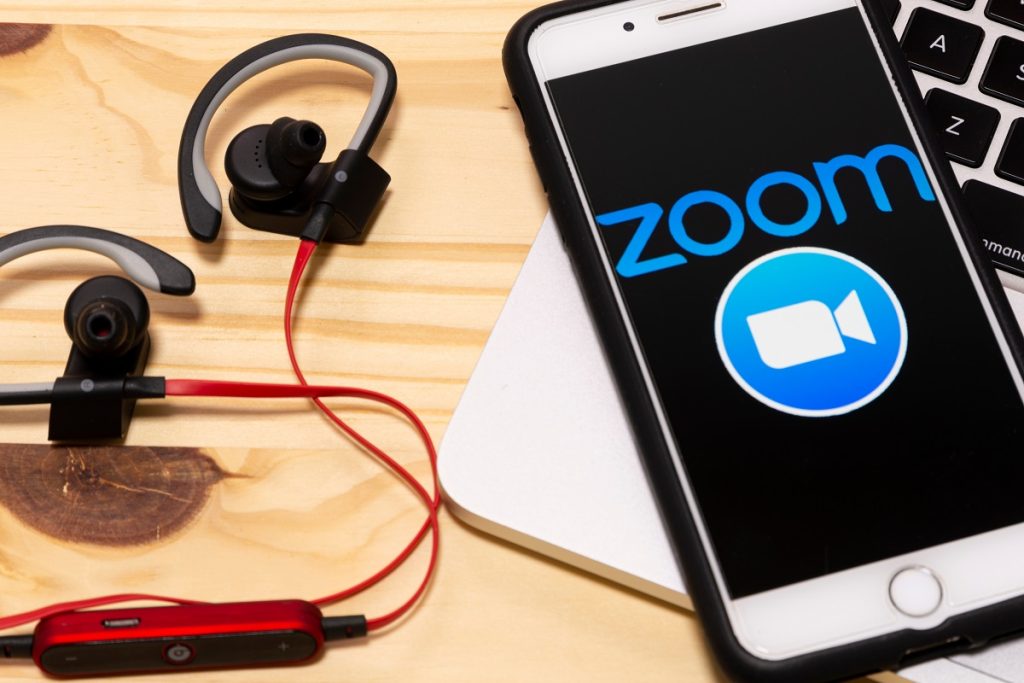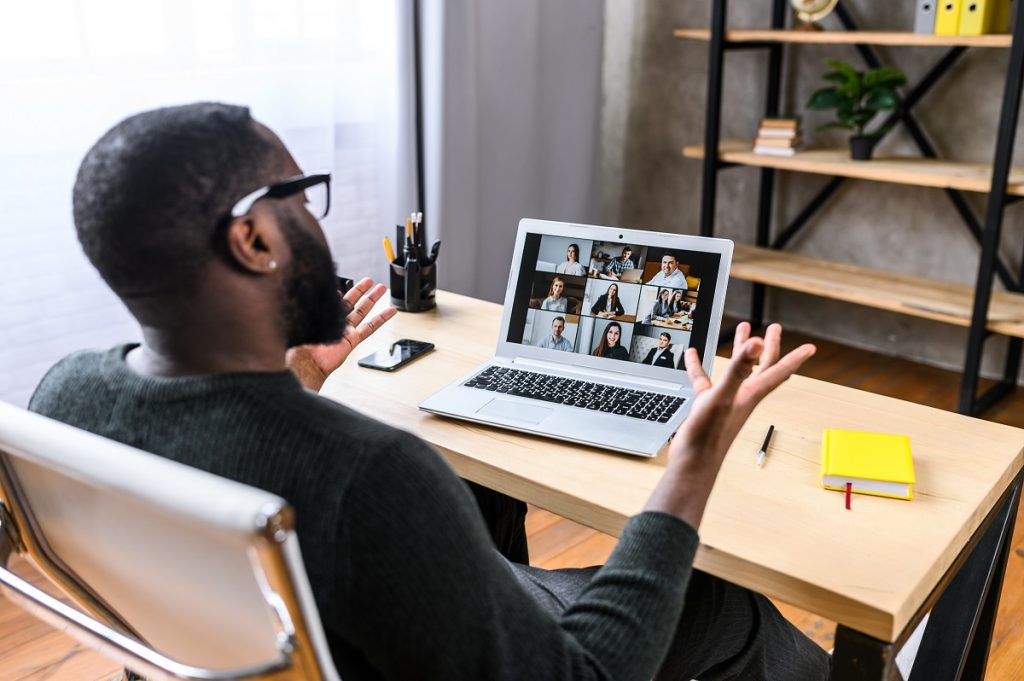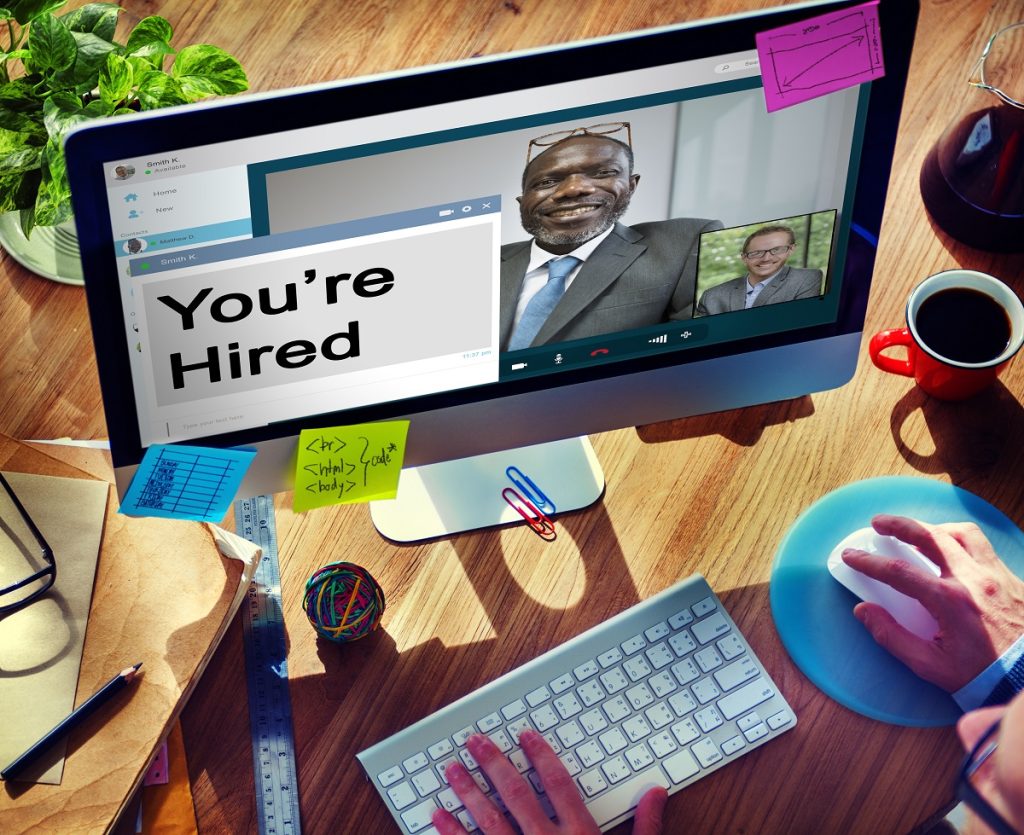Many remote jobs require online interviews with an employer based out of the area. Remote interviewing is also common for interviews with out-of-town candidates for onsite positions to limit the number of candidates the employer brings in. In either case, a prospective hire must know how to prepare for and participate in a remote interview.
In recent years, remote work has become increasingly popular due to technological advancements and the COVID-19 pandemic. As a result, more companies are conducting remote interviews to hire remote workers and even onsite employees.
While the remote interview process may seem similar to in-person interviews, there are some important differences that employees should be aware of.
This article explores the remote hiring process from the team member’s perspective, including tips for preparing for a remote interview, making a good first impression, and common interview questions for remote positions.
By understanding what to expect during a remote interview, job seekers increase their chances of success.
Table of Contents
What Is The Process Of Getting A Remote Job?
How you proceed with your application for a remote job depends on the company and the industry, but it generally follows a similar path to a traditional job search. Here are the typical steps involved in the process of getting a remote job:
- The first step is to search for remote job openings that match your skills and experience. You can use online job boards, company websites, and social media platforms to find remote job opportunities.
- Once you find a job opening that interests you, you must apply, which usually involves sending a resume, cover letter, and other relevant documents the employer requests.
- If your application is successful, you will be invited to participate in an interview over the phone, via video conferencing, or by email.
- Some employers may require you to complete an assessment to evaluate your skills and knowledge in the field.
- If you make it through the interview and assessment process, the employer may make you a job offer. The offer should include details about the position, compensation, and other relevant information.
- Once you accept the job offer, you must complete the onboarding process by filling out paperwork, setting up your remote workspace, and learning about your new role.

What Are The Benefits Of A Remote Interview Process?
There are several benefits to a remote interview process for both employers and candidates. Firstly, it allows for greater flexibility in scheduling interviews as the two parties do not need to be in the same physical location.
This also saves time and money for candidates who would have had to travel for in-person interviews and for companies who usually reimburse travel expenses, hotels, and meals.
Additionally, a remote interview process is more comfortable for candidates, as they participate in the interview from the comfort of their own space. Finally, a remote interview process allows for a more efficient and streamlined recruitment process, enabling employers to find and hire the right candidates faster.
What Are The Advantages Of A Remote Interview?
There are several advantages to remote interviews, whether conducted for a remote job or at the early stages of interviewing for an onsite position. Firstly, remote interviews save time and money for the candidate and the employer, as there is no need to travel.
This is particularly helpful for candidates who live far away from the job location. Additionally, remote interviews are more convenient and flexible, as they are scheduled around the candidate’s existing commitments.
Remote interviews also allow candidates to showcase their technical skills and communication abilities in a digital environment, which is increasingly important in today’s tech-savvy workplace.
Finally, remote interviews are an excellent way to weed out candidates who may not be a good fit for the role. The process saves the employers time and resources by focusing on the most promising candidates.
Being Selected For The Interview
Ensure you read and understand the job description and have updated your LinkedIn profile and resume accordingly. Once you have submitted your application, the hiring team will likely use an applicant tracking system to review and shortlist candidates.
If you are selected for an interview, the next step is to prepare for the virtual interview. Have a good internet connection, a quiet and well-lit work environment, and a professional outfit. It is also important to practice your interview skills and be familiar with the video chat platform you will be using.
Pay attention to your body language during the virtual interview, as it is just as important as in a face-to-face one. Make eye contact, sit up straight, and avoid slouching. Remember to speak clearly and concisely and listen carefully to the interviewer’s questions.

How Do You Prepare For A Remote Interview?
Preparing for a remote interview requires a similar approach to an in-person interview, with some additional considerations due to the digital format. Here are some tips for employees to prepare for a remote interview:
- Ensure your internet connection, camera, and microphone are working properly. Test your equipment with a friend or family member to ensure they see and hear you clearly.
- Find a quiet and well-lit location for the interview where you will not be disturbed by family members, pets, or outside noise. Make sure the background is clean and professional-looking.
- Dress professionally, as if you were attending an in-person interview. You will feel more confident and project a professional image.
- Do your research on the company and the position you are interviewing for. Look for information on the company culture, mission, and values, as well as recent news and industry trends.
- Prepare answers to common interview questions and practice your responses. Be sure to highlight the skills and experience that are most relevant to the position you are applying for.
- Have a backup plan in case of any technical issues or interruptions. Make sure you have a phone number to call in case of internet failure or have a backup location where you can connect, if necessary.
What Are Remote Interviews Like?
Remote interviews with the prospective employee are typically conducted using email, phone, or video conferencing software such as Zoom, Skype, or Microsoft Teams, email, or phone. The interview format may vary depending on the employer, but the content and questions are generally the same as for an in-person interview.
Prospective employees must dress professionally, prepare their answers, and be ready to showcase their skills and experience in a digital environment.
What Are The Three Rounds Of Interviews That Employers Usually Conduct?
The three rounds of interviews that employers usually conduct are:
- Screening interview: The first round is typically a screening interview, where the employer evaluates the candidate’s basic qualifications, experience, and fit for the position. This will be a phone or video conferencing call, usually conducted by a recruiter or HR representative.
- Technical Interview: The second round of interviews is focused on technical skills and knowledge. This involves coding tests, technical questions, or other assessments related to the job requirements. The technical interview is usually conducted by a subject matter expert or a team of experts.
- Final Interview: The final round of interviews is usually conducted by the hiring manager or the executive team. This interview assesses the candidate’s cultural fit, personality, and overall suitability for the role. It may also include questions about salary expectations, benefits, and other logistical details related to the job offer.
The company and the position decide the number and format of interview rounds. Some have more or fewer rounds of interviews, while others may have additional assessments or exercises.

How Long Should Remote Interviews Last?
The length of a remote interview depends on the employer, the position, and the interview format. Generally, they last from 30 minutes to several hours, depending on the number of interviewers and the complexity of the questions.
However, most remote interviews typically last between 45 minutes to an hour. Employers will usually provide an estimated duration for the interview in advance, allowing the candidate to prepare accordingly.
What Happens After The Interview?
After a remote interview, there is usually a waiting period while the employer evaluates the candidates and makes a hiring decision. The length of the wait varies with each company and the position, but employers will usually provide an estimated timeframe for when they make a decision.
Prospective workers can use this time to follow up with the employer, thanking them for the opportunity to interview and reiterating their interest in the position. It’s important to wait at least a few days after the interview before following up and to keep the communication professional and courteous.
Following up keeps the candidate top of mind for the employer and demonstrates their enthusiasm and interest in the position.
If you are successful in your interview, you may be offered a full-time remote job. As a remote employee, you must have good communication skills and be comfortable working in a remote team. You will likely use platforms like Slack for communication and working with colleagues in different time zones.

Final Advice About The Remote Interview Process
Remote recruitment and retention can be challenging for companies, so they try to make the candidate experience as positive as possible. This includes timely notifications, providing information on the company culture and work environment, and offering interview tips.


